Humans news stories

New analysis based on ash from volcanic cataclysm dates an early human found at Omo, Ethiopia, to 233,000 years, supporting the ‘early evolution’ theory for Homo sapiens
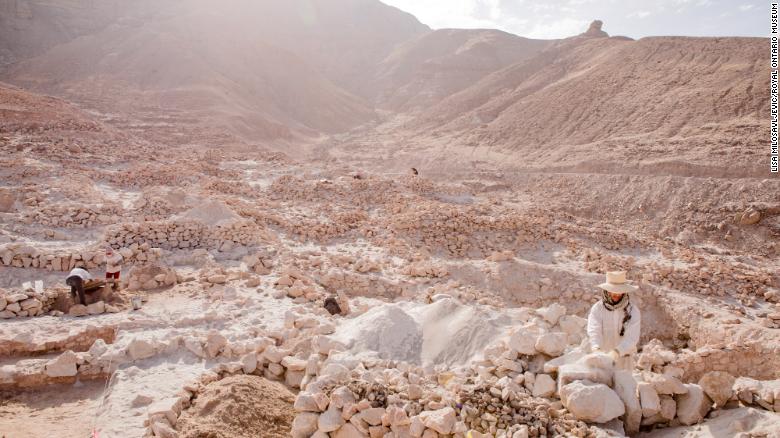
Beer laced with hallucinogenic drugs derived from plant seeds may have helped leaders of a South American culture maintain their political control for hundreds of years, according to new research.
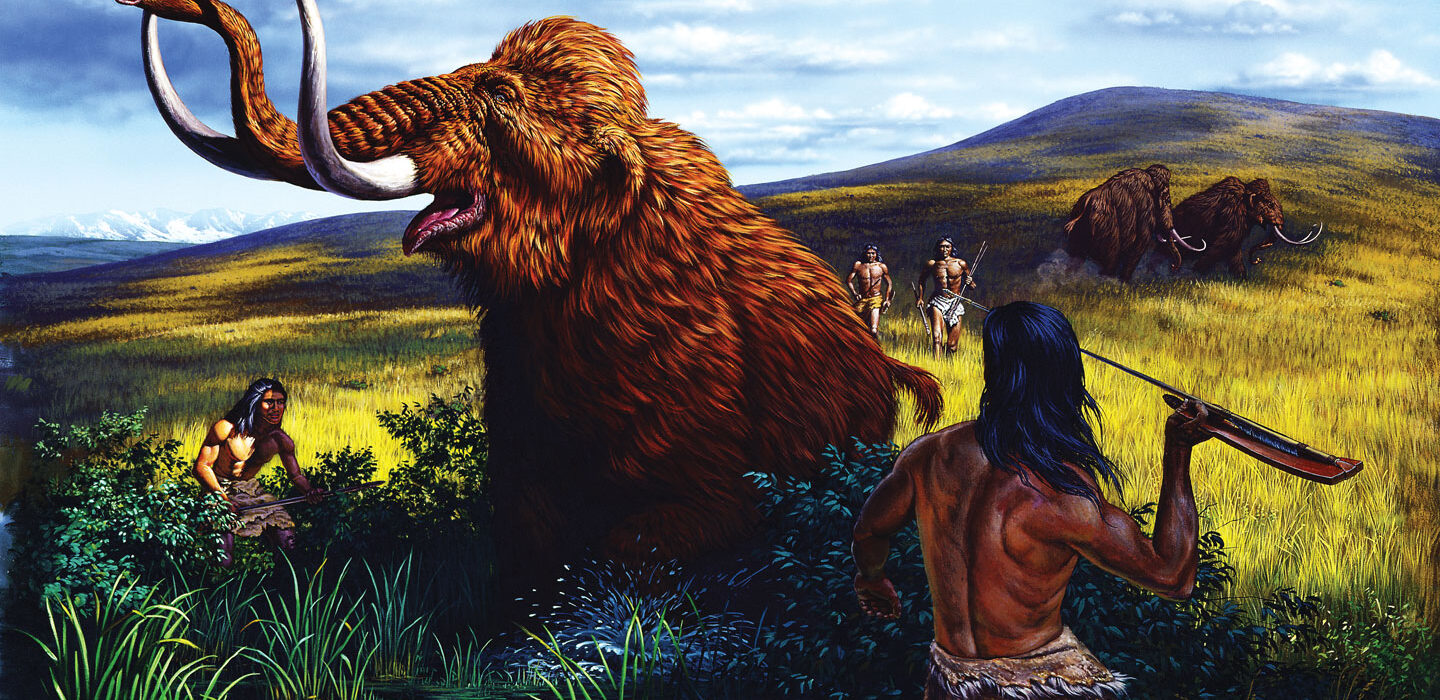
Tests of stone points show that early Americans may have been better scavengers than hunters of the giant beasts.
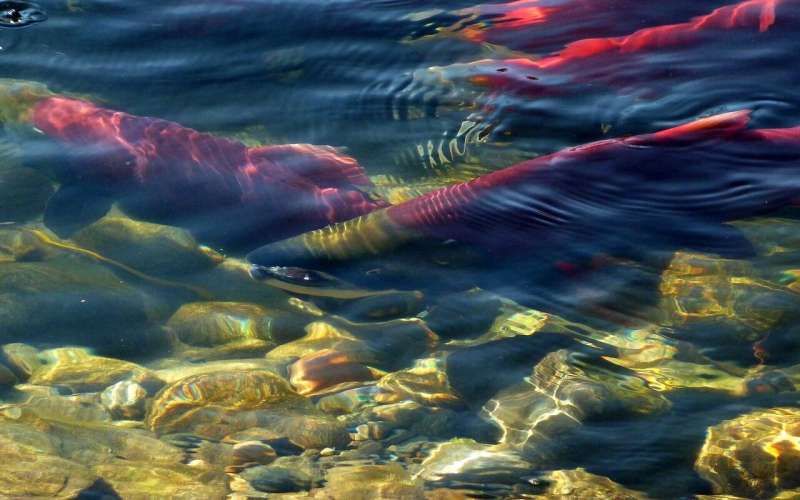
It’s widely understood that animals such as salmon, butterflies and birds have an innate magnetic sense, allowing them to use the Earth’s magnetic field for navigation to places such as feeding and breeding grounds.
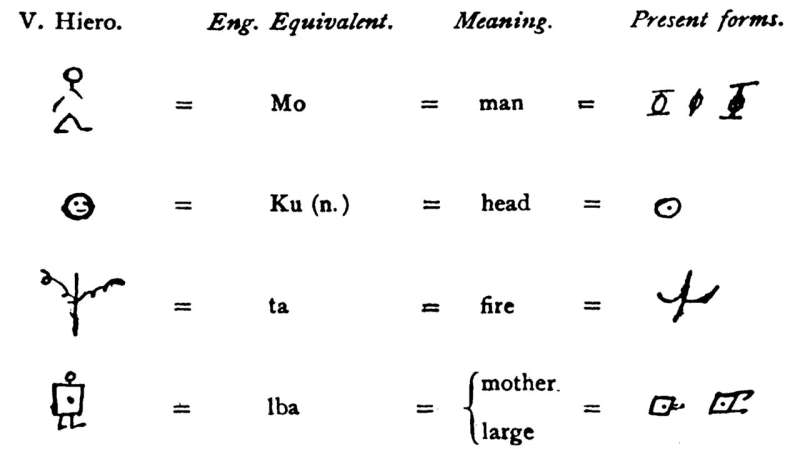
The world’s very first invention of writing took place over 5000 years ago in the Middle East, before it was reinvented in China and Central America. Today, almost all human activities—from education to political systems and computer code—rely on this technology.
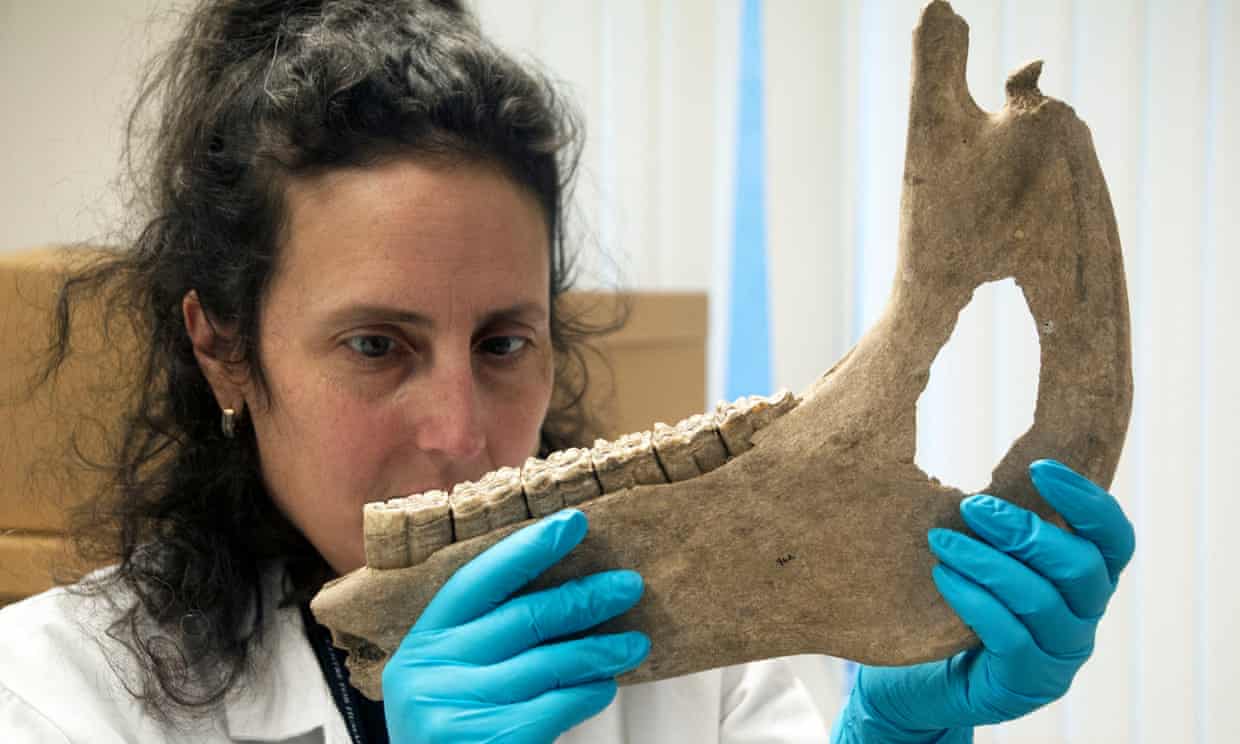
In films and literature, they are usually depicted as hulking, foot-stomping, snorting beasts but a new study has claimed that the medieval warhorse was typically a much slighter, daintier animal.
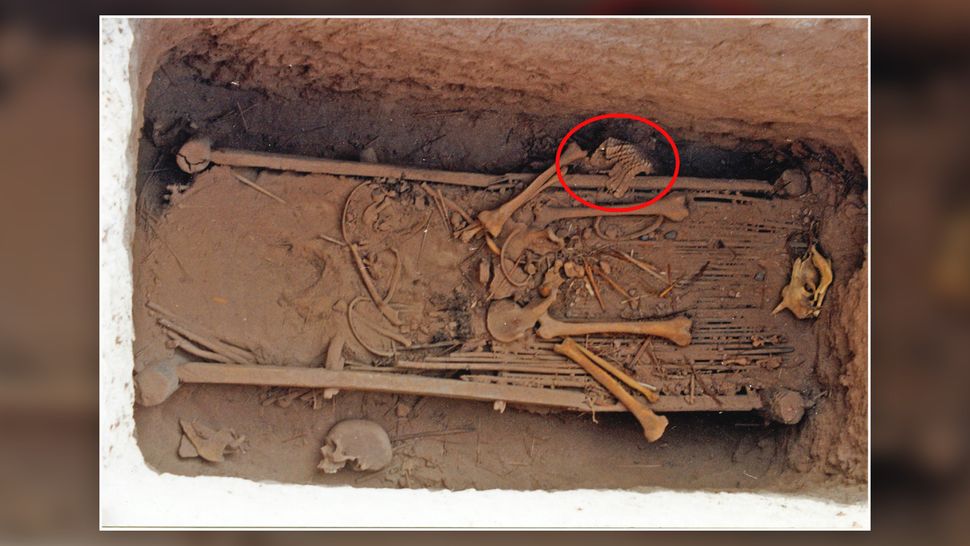
About 2,500 years ago, a man in northwest China was buried with armor made of more than 5,000 leather scales, a military garment fashioned so intricately, its design looks like the overlapping scales of a fish, a new study finds

Canada has amended federal regulations now allowing patients suffering from life-threatening mental illnesses to be treated with MDMA and psychedelic drug psilocybin.

It might be an imaginary character straight out of a Dr Seuss book: The goldfish who could drive. But it’s real.
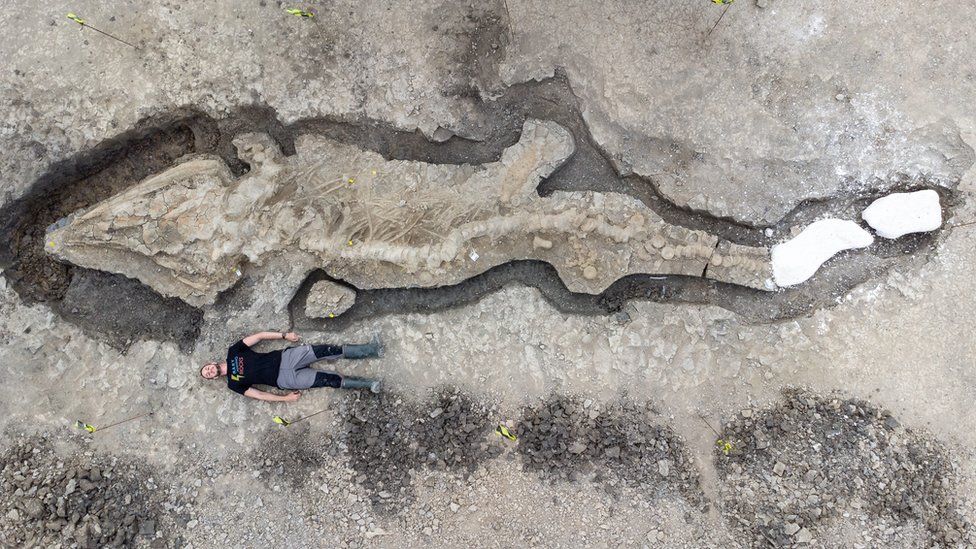
“I rang up the county council and I said I think I’ve found a dinosaur,” explained Joe Davis, who works at Rutland Water Nature Reserve.

Scheme could ‘divert young people found with small amount of cannabis’ away from arrest by police.
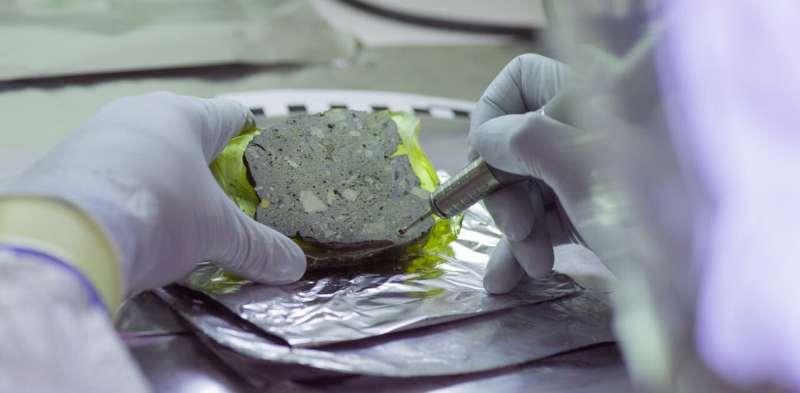
Archaeological deposits typically consist of a mix of artifacts and the remains of plants and animals—including the occasional human fossil—all held in a matrix of dirt. But these days, we dig for a lot more besides fossils and artifacts.
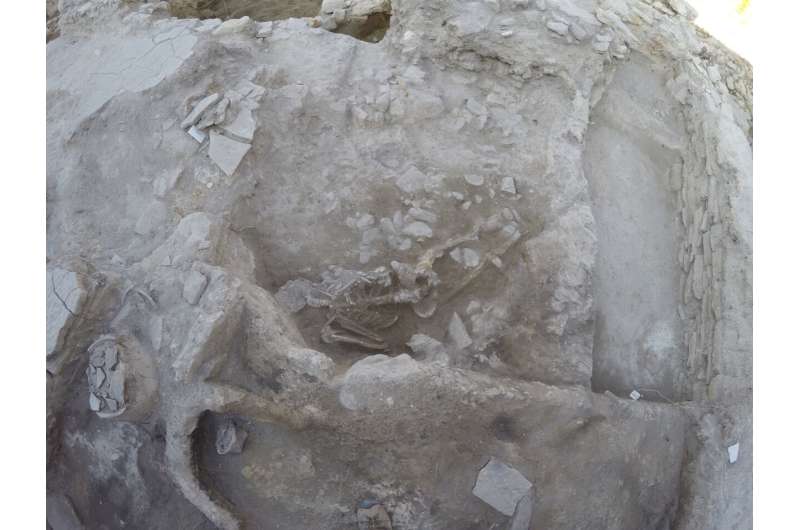
An international team of researchers has found and excavated the remains of a young man killed approximately 3,600 years ago by a tsunami created by the eruption of Thera—a volcano located on what is now the island of Santorini.
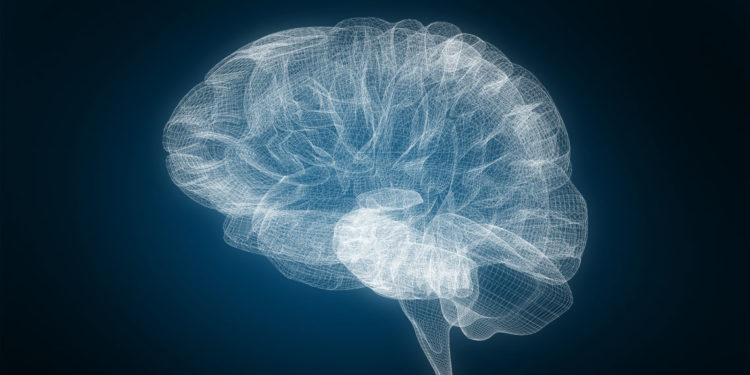
The brain is the most complex organ in the human body. Now, a new study has brought us closer to understanding some of its evolution.
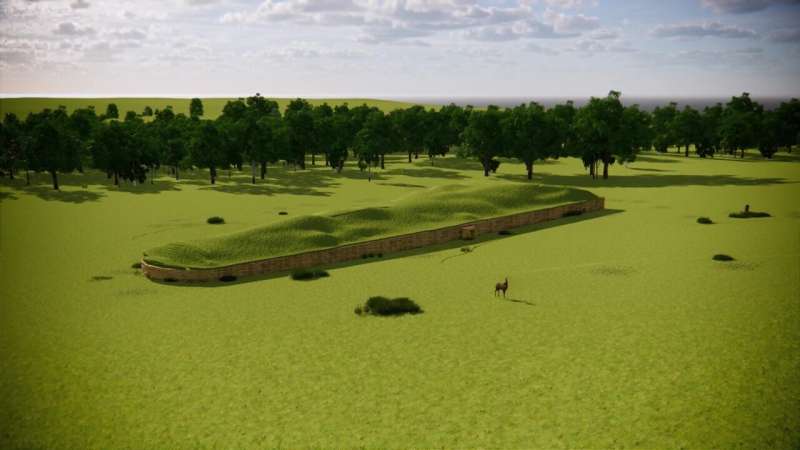
Analysis of ancient DNA from one of the best-preserved Neolithic tombs in Britain has revealed that most of the people buried there were from five continuous generations of a single extended family.
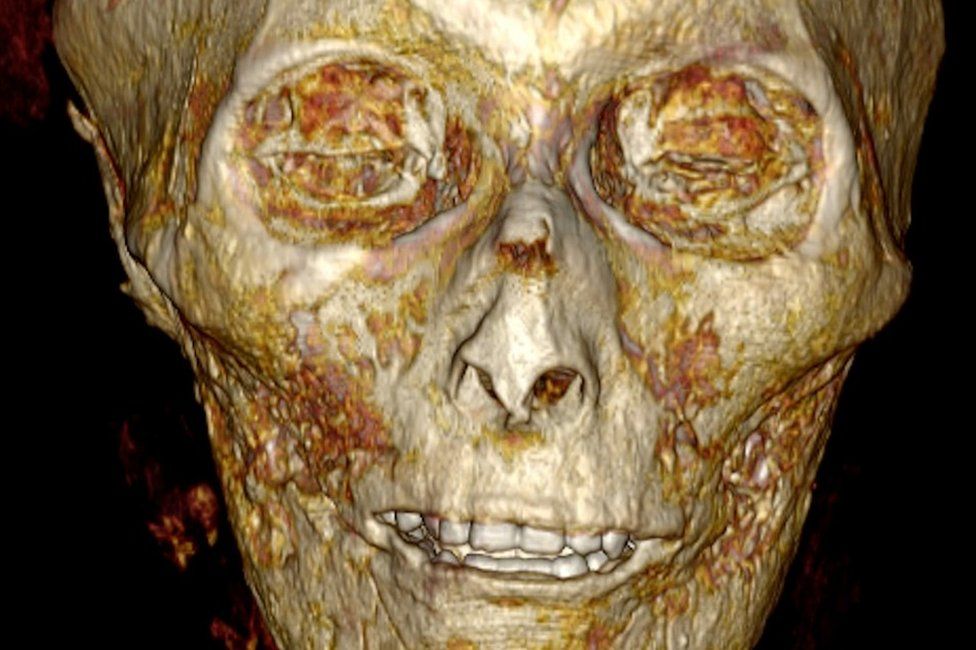
The mummified body of an ancient Egyptian pharaoh has been studied for the first time in millennia after being digitally “unwrapped”.








